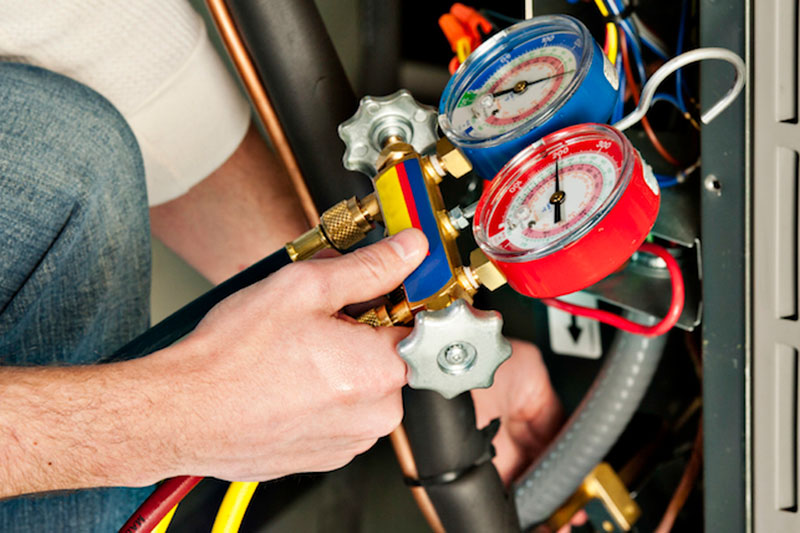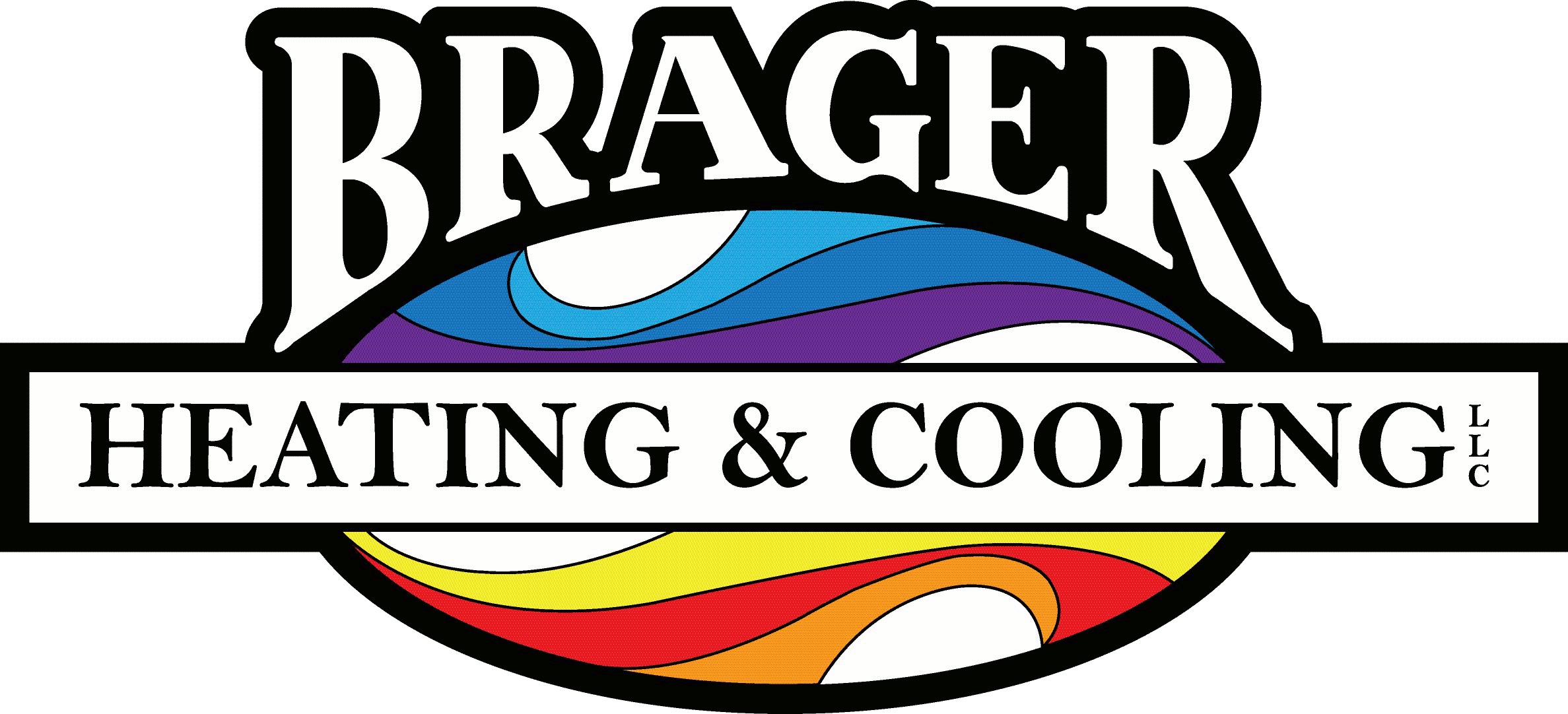
You might not think often about how your air conditioner functions, but it requires refrigerant to keep your house cool. This refrigerant is bound by environmental regulation, because of the chemicals it contains.
Depending on when your air conditioner was put in, it may require R-22, R-410A or R-32 refrigerant. We’ll discuss the differences and which air conditioner refrigerants are being phased out in Mount Horeb, plus how these phaseouts impact you.
What’s R-22 and Why Is It Phased Out?
If your air conditioner was put in before 2010, it likely has Freon®. You can find out if your air conditioner contains it by contacting us at 608-447-0555. You can also examine the name plate on your air conditioner condenser, which is found outside your home. This sticker will have info on what type of refrigerant your AC uses.
Freon, which is also referred to as R-22, has chlorine. Scientists consider R-22 to be damaging to the earth’s ozone layer and one that leads to global warming. The Environmental Protection Agency, which manages refrigerants in the United States, outlawed its manufacture and import in January 2020.
I Have a R-22 Air Conditioner. Should I Replace It?
It depends. If your air conditioning is running correctly, you can continue to use it. With regular air conditioner maintenance, you can expect your system to last around 15–20 years. However, the Department of Energy says that substituting a 10-year-old air conditioner could save you 20–40% on annual cooling expenses!
If you don’t install a new air conditioner, it might lead to a problem if you require air conditioning repair down the road, specifically for refrigerant. Repairs may be pricier, since only small amounts of recycled and reclaimed R-22 is available.
With the discontinuation of R-22, a lot of new air conditioners now use Puron®. Also known as R-410A, this refrigerant was created to keep the ozone layer healthy. As it calls for a different pressure level, it isn’t compatible with air conditioners that use R-22 for cooling.
However, Puron still has the possibility to lead to global warming. As a result, it may also ultimately be ended. Although it hasn’t been communicated yet for residential air conditioners, it’s likely sometime this decade.
What Refrigerant Will Replace R-410A?
In preparation of the end, some manufacturers have begun using R-32 in new air conditioners. This refrigerant ranks low for global warming potential—about one-third less than R-410A. And it also lowers energy expenditure by approximately 10%, according to the Intergovernmental Panel on Climate Change’s Fourth Assessment Report. That’s savings that may be sent on to you through your cooling expenses.
JW Brager Heating and Cooling Can Help with All Your Air Conditioning Needs
In short, the alterations to air conditioner refrigerant probably won’t affect you a whole lot until you need repairs. But as we went over previously, refrigerant repairs can be pricier since there are the low amounts available.
In addition to that, your air conditioner typically breaks down at the worst time, typically on the muggiest day when we’re getting a lot of other requests for AC repair.
If your air conditioner uses an outdated refrigerant or is more than 15 years old, we suggest installing a new, energy-efficient air conditioner. This ensures a stress-free summer and might even decrease your utility bills, especially if you select an ENERGY STAR®-rated air conditioner. Plus, JW Brager Heating and Cooling has many financing solutions to make your new air conditioner work with your budget. Contact us at 608-447-0555 to get started today with a free estimate.
